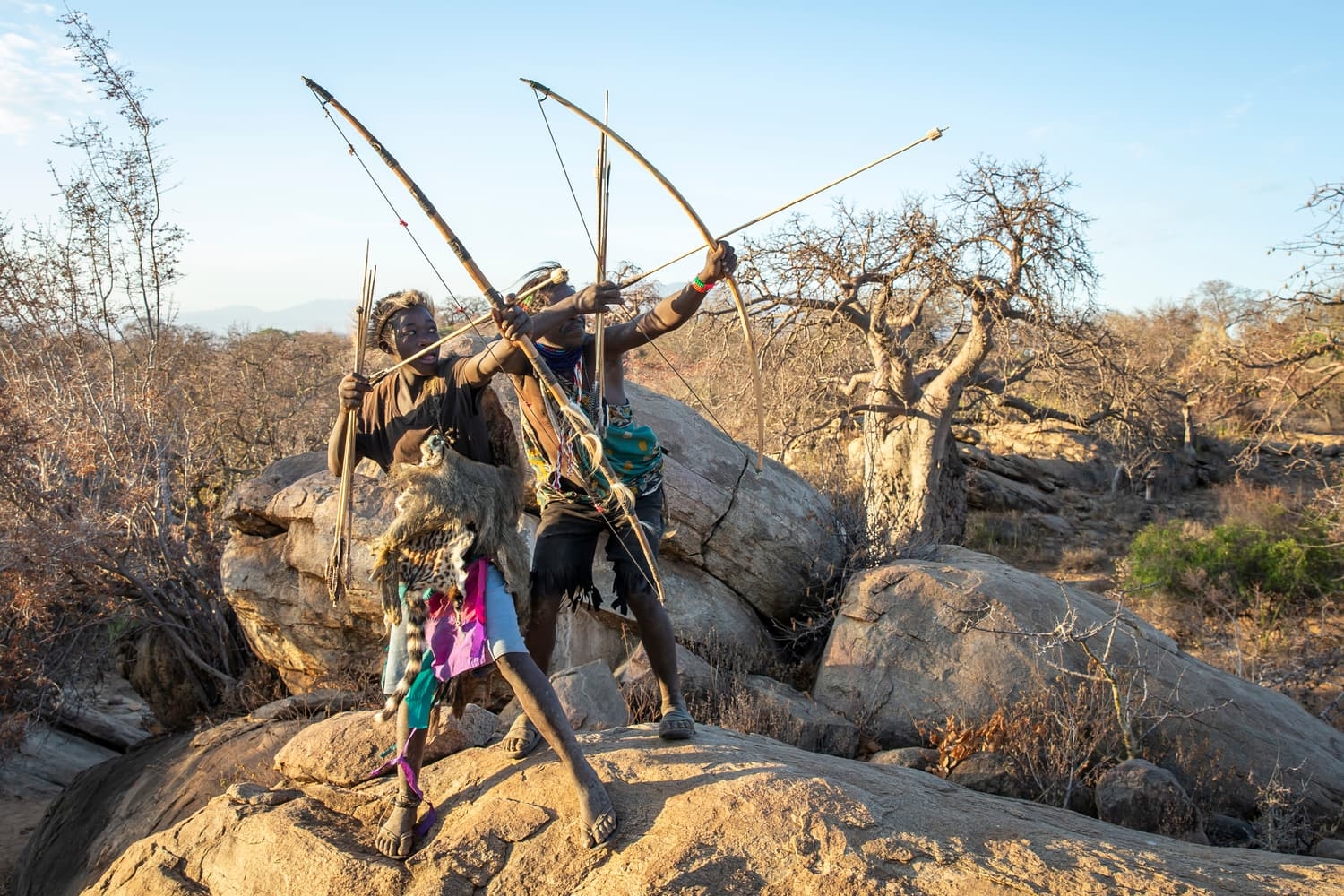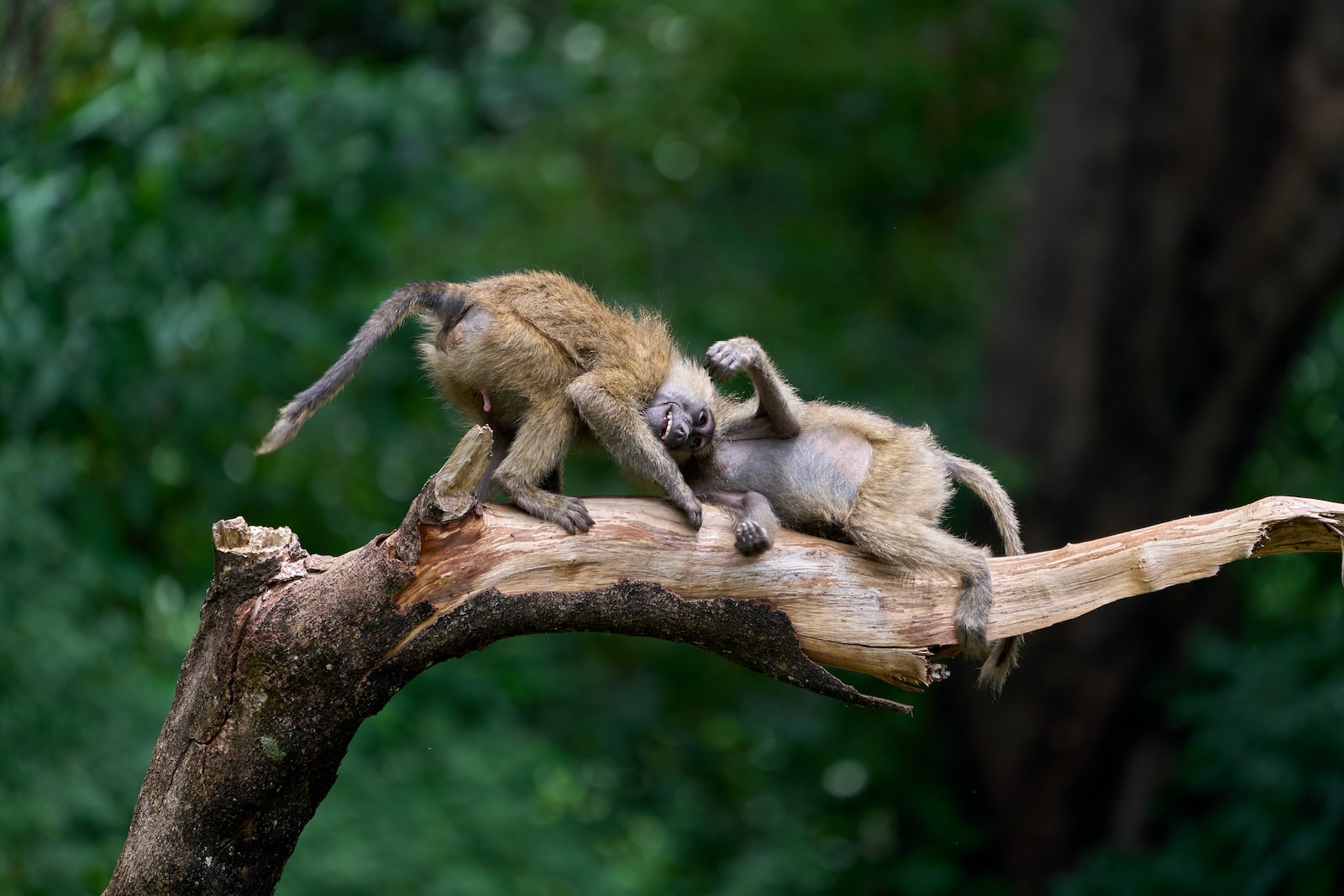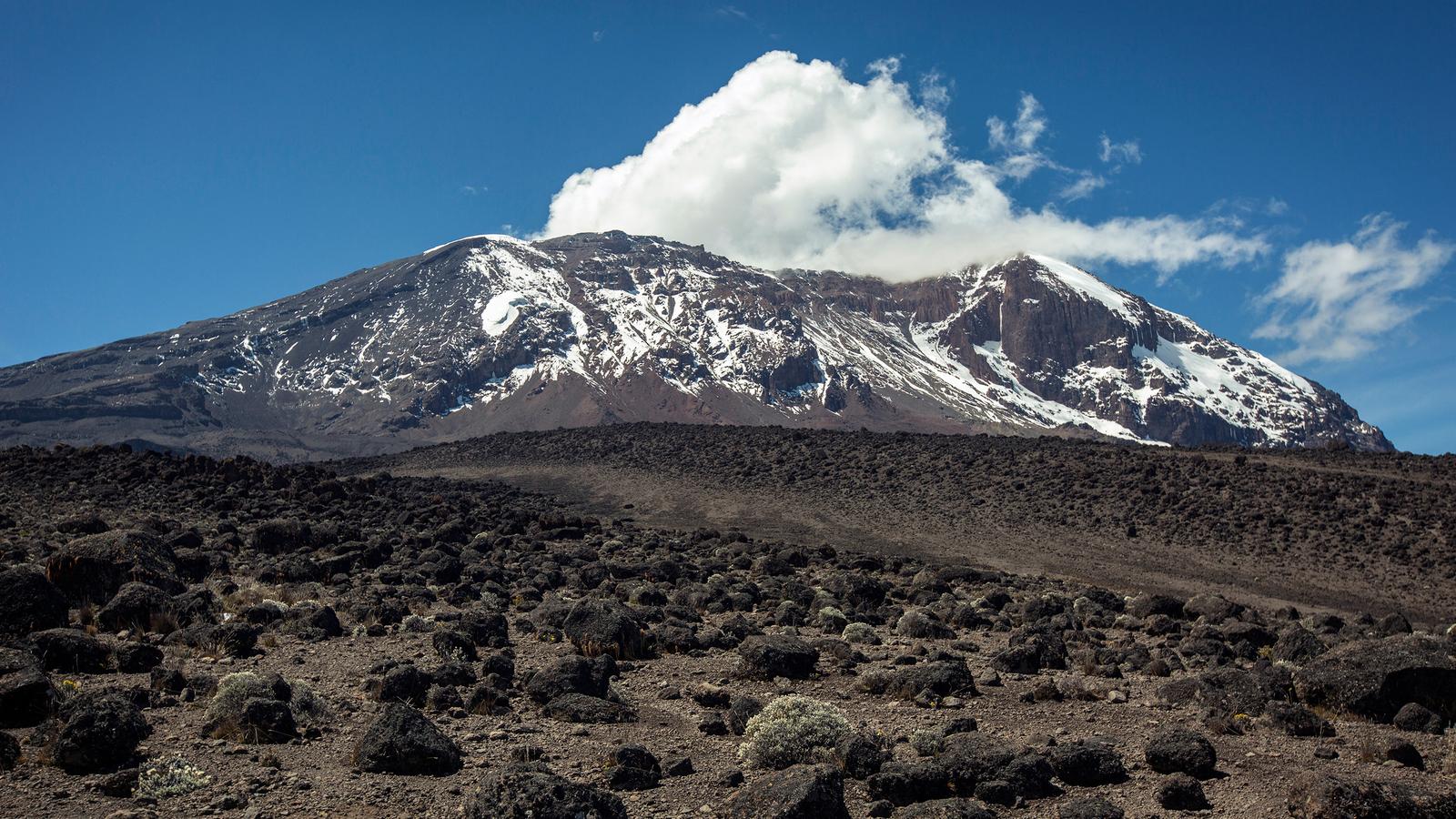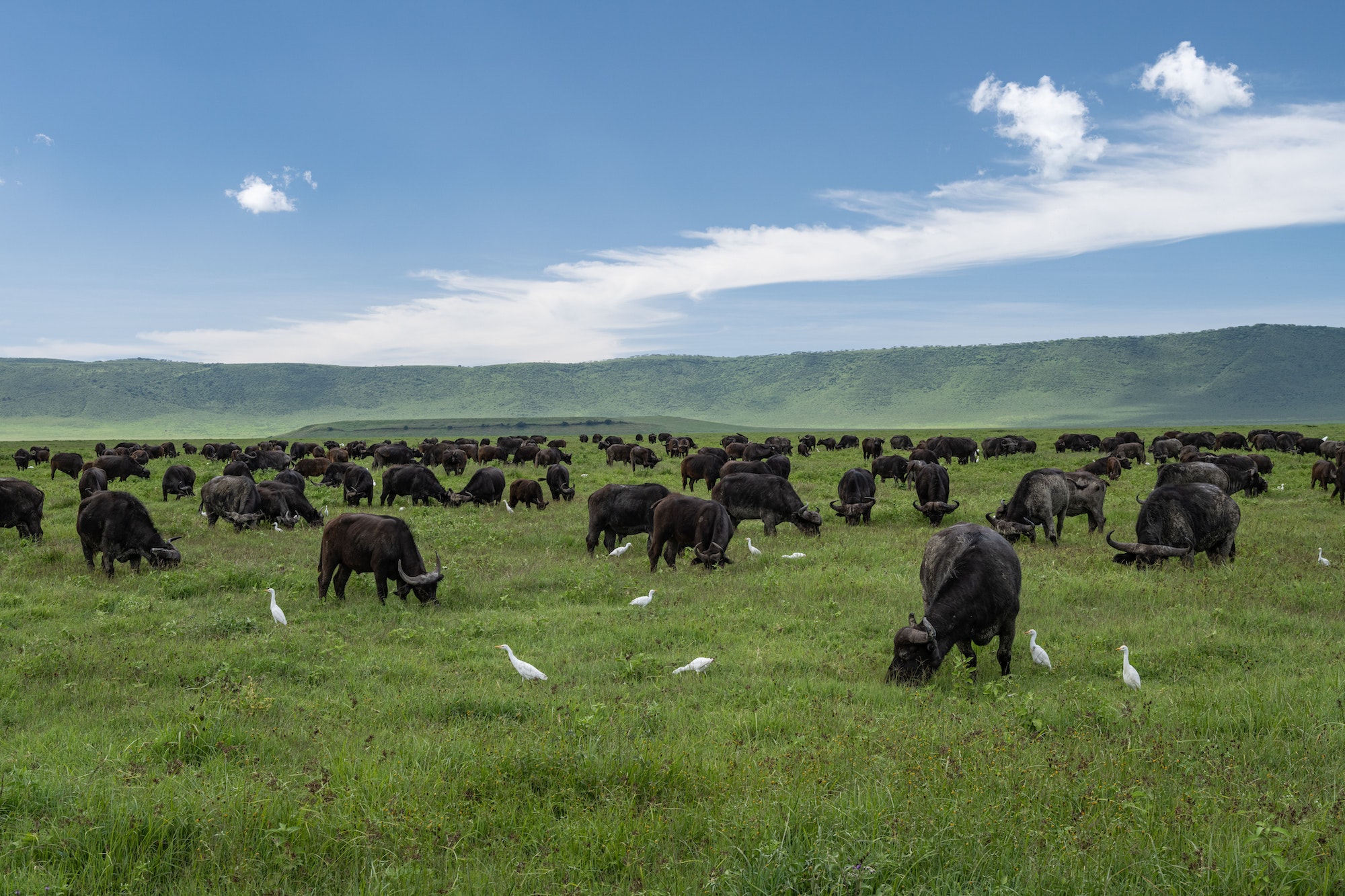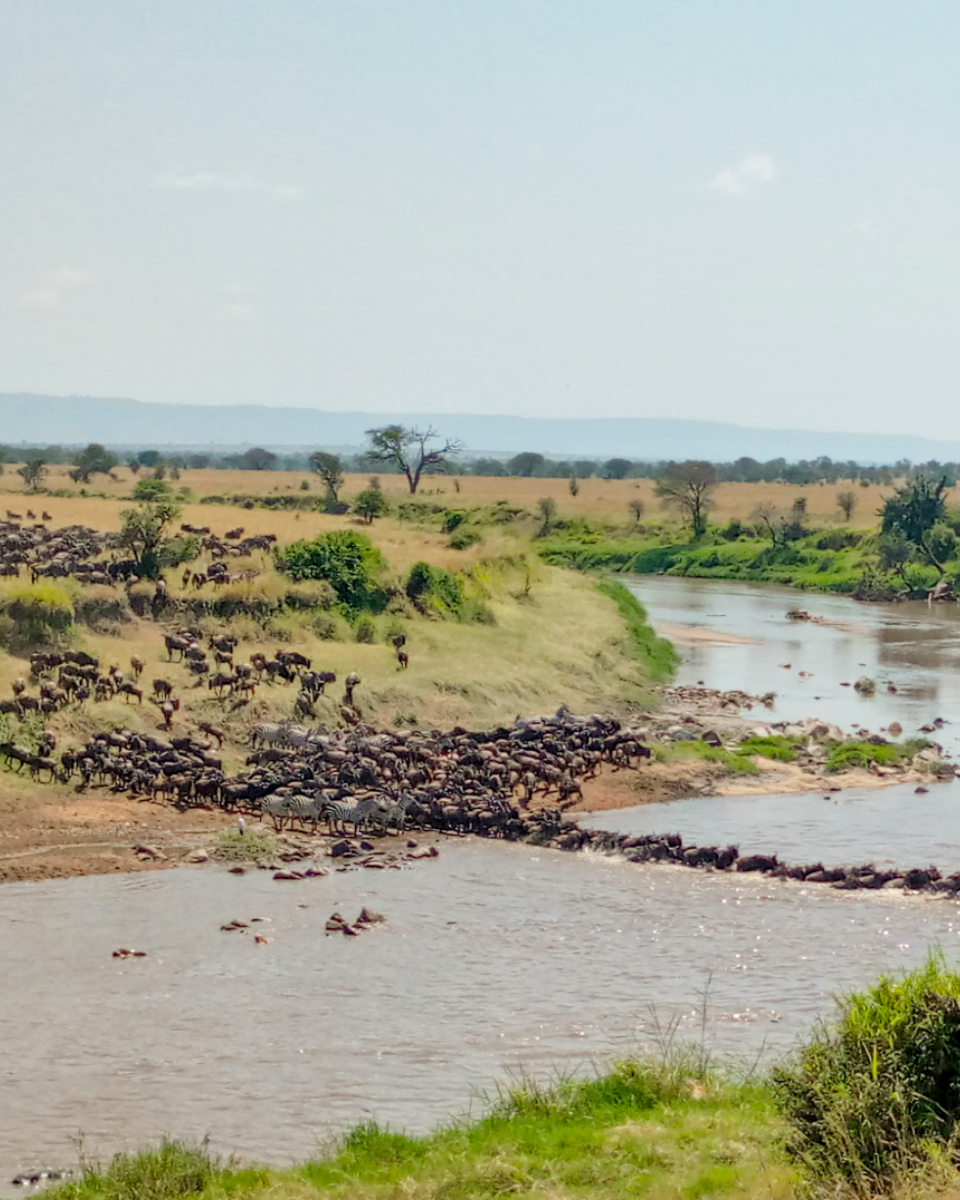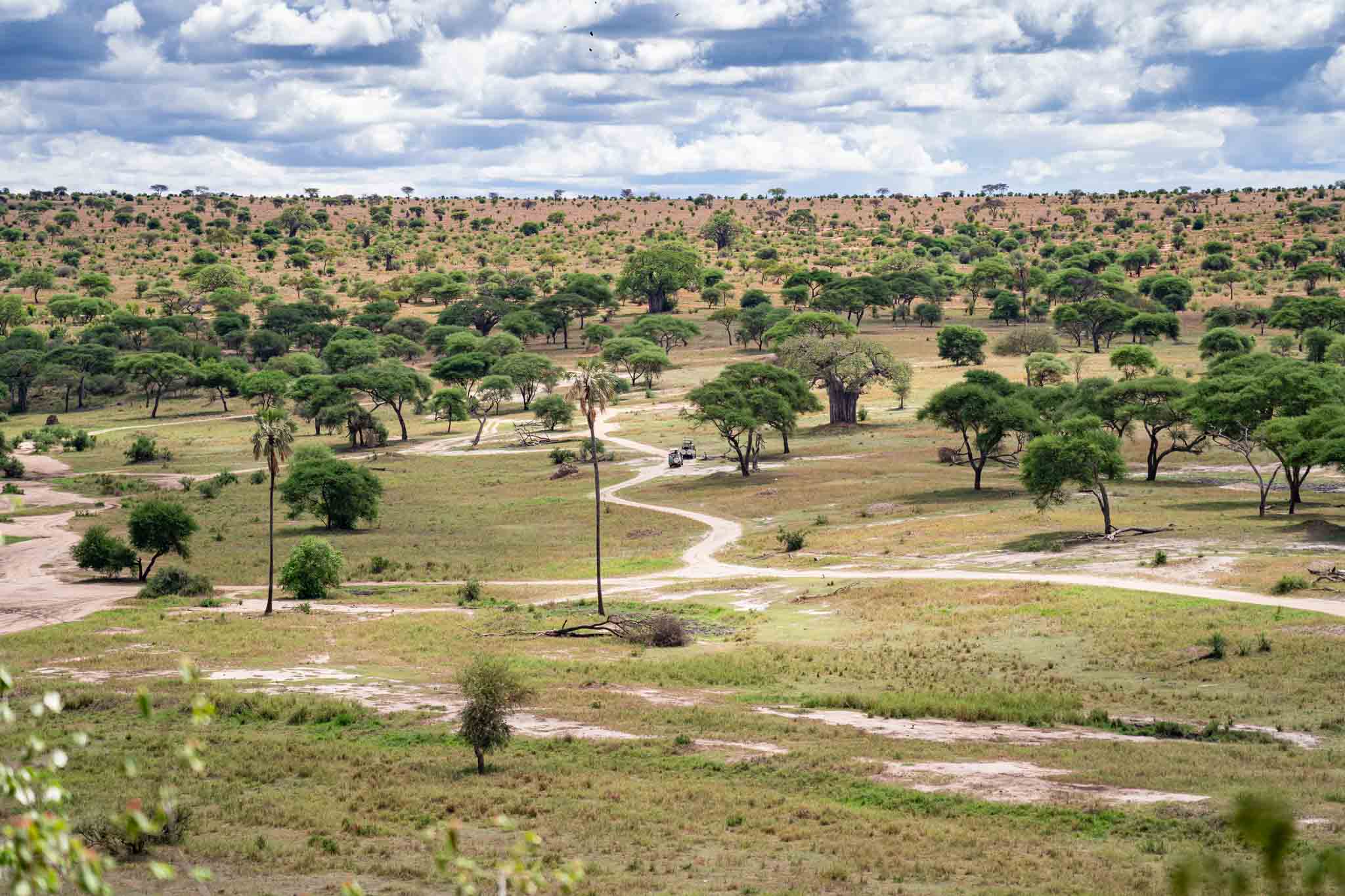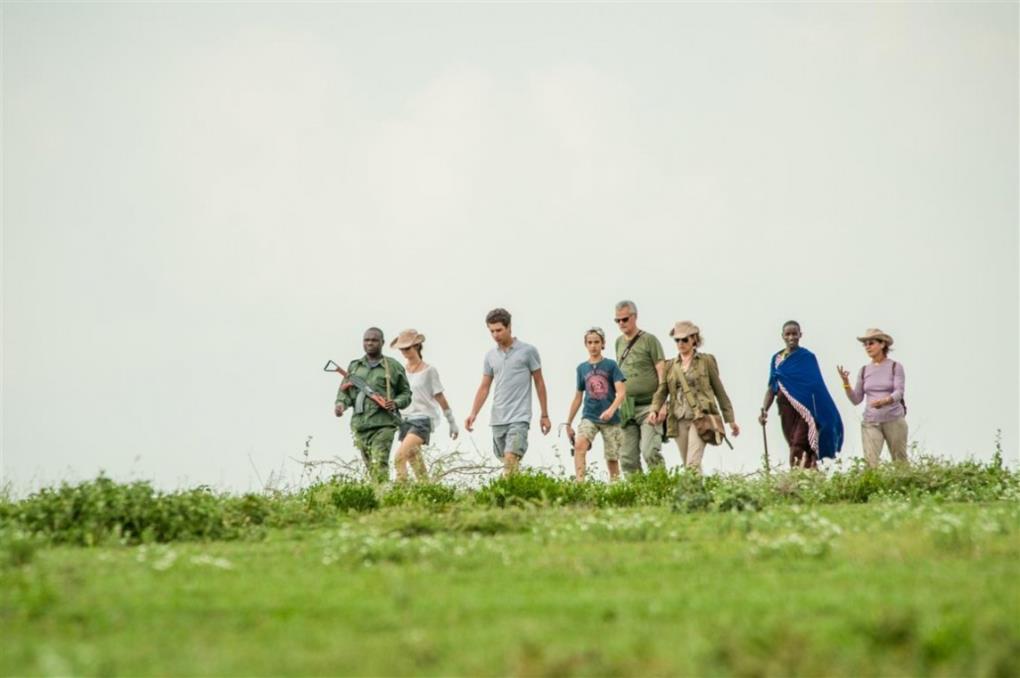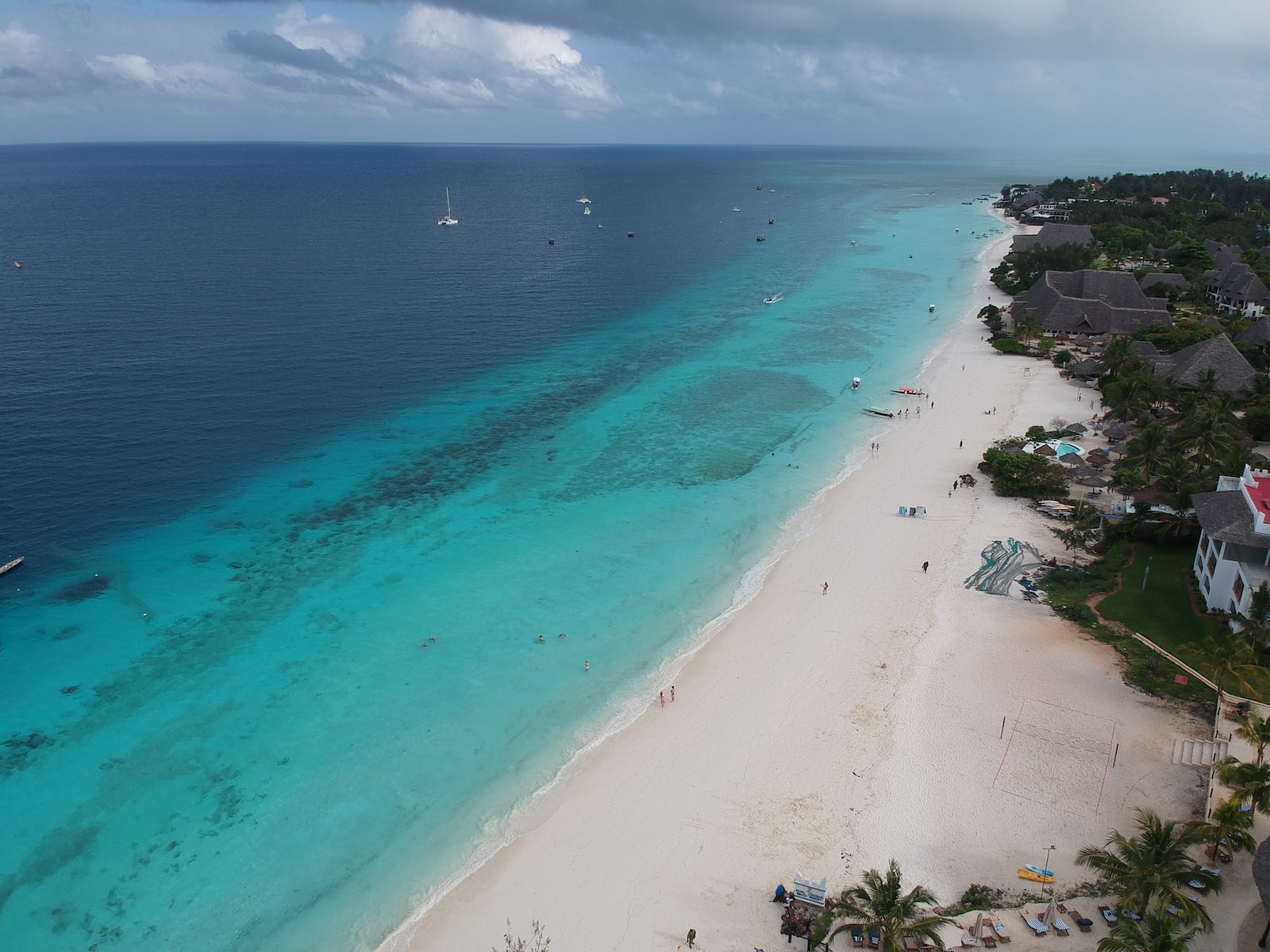Weathers on Kilimanjaro
Mount Kilimanjaro Climbing Preparation: A Comprehensive Guide to Medical Checks
Mount Kilimanjaro, the highest peak in Africa, is a popular destination for adventurous travelers looking for an epic challenge. While the climb can be exhilarating and rewarding, it’s important to prepare properly to ensure a safe and successful trip.
One of the most important aspects of preparation is getting a thorough medical check. This article will guide you through what to expect, what to bring, and how to stay healthy on your climb.
Understanding the Risks of Climbing Kilimanjaro
Climbing Kilimanjaro is a physically demanding activity that can expose you to a variety of health risks. Some of the most common risks include:
- Altitude sickness
- Dehydration
- Hypothermia
- Sunburn
- Frostbite
In order to minimize these risks, it’s essential to get a thorough medical check before your trip. This will help you identify any underlying health issues that could be exacerbated by the demands of climbing, and give you a chance to address them before you leave.
What to Expect from a Medical Check for Kilimanjaro Climbing Preparation
A medical check for Kilimanjaro climbing preparation is typically a comprehensive evaluation of your overall health and fitness. Your doctor will check your:
- Vital signs (blood pressure, heart rate, breathing rate, etc.)
- Lung function
- Heart function
- Oxygen saturation levels
- Blood tests (to check for anemia, glucose levels, etc.)
In addition to these tests, your doctor may also ask you about any pre-existing medical conditions, such as high blood pressure, diabetes, or asthma. They will also ask about any medications you are currently taking and any allergies you have.
What to Bring to Your Medical Check
When you go for your medical check, be sure to bring:
- A list of any medications you are currently taking
- A list of any allergies or pre-existing medical conditions
- A copy of your vaccination records
- Any relevant medical documents or test results
It’s also a good idea to bring along a friend or family member who can help you remember what your doctor tells you.
How to Stay Healthy on Your Kilimanjaro Climb
In addition to getting a thorough medical check, there are several other steps you can take to stay healthy on your Kilimanjaro climb. These include:
- Staying hydrated: Dehydration can be a major issue on a high-altitude climb, so it’s essential to drink plenty of water throughout the day.
- Eating a balanced diet: A healthy diet can help you stay energized and reduce your risk of altitude sickness.
- Wearing appropriate clothing: Make sure to dress in layers so you can adjust as the weather changes.
- Taking breaks: If you start to feel tired or experience any symptoms of altitude sickness, take a break and rest.
FAQs:
- How often should I get a medical check for Kilimanjaro climbing preparation?
It’s a good idea to get a medical check every two years, or more frequently if you have a pre-existing medical condition or if you are over the age of 50.
- Can I get a medical check at my local doctor’s office?
Yes, you can get a medical check at your local doctor’s office, but it’s important to find a doctor who is familiar with the demands of high-altitude climbing. If you can’t find a doctor in your area who specializes in this type of medicine, consider visiting a travel clinic or a high-altitude medicine specialist.
- What if my doctor finds a medical issue during my check?
If your doctor finds a medical issue during your check, they may recommend that you avoid climbing Kilimanjaro or that you take certain precautions to minimize your risk. For example, they may recommend taking medication to prevent altitude sickness or to manage a pre-existing medical condition. It’s important to follow your doctor’s recommendations and to listen to your body while you’re on the mountain.
- What should I do if I experience symptoms of altitude sickness while climbing?
If you experience symptoms of altitude sickness, such as headache, dizziness, or nausea, it’s important to take a break and rest. You should also drink plenty of water and avoid alcohol. If your symptoms persist or get worse, you may need to descend to a lower altitude.
Mount Kilimanjaro is a challenging and rewarding climb, but it’s important to prepare properly to minimize the risks. A thorough medical check is a critical component of your preparation, as it can help you identify any underlying health issues and ensure that you are physically and mentally prepared for the demands of the climb. With the right preparation, you can enjoy a safe and successful trip to the top of Africa’s highest peak.
EXCELLENTVerified Experience of a lifetime! Easily the most challenging and rewarding thing I've ever done and probably ever will do. From start to finish the team supported us with everything from carrying our heavy luggage up the mountain and preparing all our meals to patting our hands and feet to promote good circulation and singing to us on summit night. The attention to detail concerning our health was excellent and gave me the confidence to (in spite of my asthma) push my limits and succeed on this hike. We made life-long friends, and will return to beautiful Tanzania one day soon. Would absolutely recommend this trip (it was a pre-weddig honeymoon for my husband and I and we wouldn't change our choice of activity/destination) and your chances are far greater with this team around you!!Posted onVerified The best trip of my lifetime!! This trip was absolutely amazing and this was thanks to Gasto and his team! The best adventure my sister and I have been on and we are forever greatful. Gasto and his team made sure everything was perfect and he succeeded!!!! Thank you so much for the best trip of our loved :)Posted onVerified Amazing trip Thank you so much Gasto for getting ilus to the top od Kili! Your enthusiasm and expertise and singing pushed us to the summit!! XxxPosted onVerified Kilimanjaro: Perfect Experience, Excellent Guide, 100% Authentic A trip of a lifetime! Gasto and his crew were wonderful and ensured our safety and summit to Kilimanjaro. We learned about his culture and the surrounding areas of Kilimanjaro. Each meal was prepared fresh and served hot. Our group did not worry for anything, as all our needs were met and tended to each day. Gasto explained the flora and fauna as we trekked up the mountain - demonstrating their cultural respect of the land and mountain. The huts were very comfortable, the beds cozy, and they even had pillows! Be prepared to experience some of the most breathtaking views, beautiful people, and summiting the highest peak in Africa - Kilimanjaro. It's wicked cold - bring warm jackets! Highly recommend Gasto and his crew - would go back again and again!Posted onVerified Kilimanjaro climb Gasto and his team were great, made the trip amazing especially on summit night when they were so encouraging to everyone in the bitter cold.Posted onVerified Adventure of my life! Gasto and the team were professional, good entarteiner, excellent food, and took care of us all so we felt safe. I will never forget this adventure and I will recommend Gasto and his team if you want to climb Kilimanjaro.Posted onVerified Awesome Experience with an Experienced Guide This is one of those once in a lifetime experiences. It was epic and was made even more so by the friendliness and expertise of our guide. Gasto was energetic, fun to be around, and very knowledgeable about Kilimanjaro. I really enjoyed getting to know him a little more as he guided us to the summit. I know I wouldn’t have made it up without his gentle prodding and endless patience. If I did do this again (and that is a big maybe) I’d go with Gasto again.Posted onVerified Absolutely stunning experience with EXCELLENT guidance Last January, I travelled to Tanzania in order to climb Mount Kilimanjaro. First and foremost, this was one of the most epic trips in my life. An awesome climb in a surreal and stunning natural environment. But what made this trip even more special were the people. We had a lovely group and our guides were just excellent too. Gasto helped us a lot to get up the mountain. Moreover, he is so knowledgable about Tanzanian culture, nature etc. and helped me learn a lot about the country. If you are planning to climb Kilimanjaro, I can warmly recommend doing that with Gasto as your guide. My expectations were exceeded on all the levels and I would do it all over again. The feeling of standing on that mountain was the highlight of my year so far and is something I will cherish for the rest of my life.Thank you Gasto for everything!Posted onVerified Experience of a lifetime Brilliant experience. Great balance of a real challenge, mixed with an unbelievably supportive crew who made you believe it was certain you would reach the summit.Our crew, including Gasto, were inspirational, kind and fun, all whilst maintaining an incredibly professional approach. My wife and I felt completely secure with their support and they truly made a big impact on the trip. From keeping morale high on difficult treks with singing and chanting, to being quick to provide support - extra food and water - throughout.They administered their safety responsibilities with diligence and helped us navigate moments where we felt unwell or began feeling the altitude. The work these people put in to enable people like us to go on such a brilliant trip is something to behold. Carrying significant weight and cumbersome packs, whilst heading up difficult terrain is so impressive.Thank you Gasto and all the team for a trip of a lifetime, which I’ll never forget.TimPosted onVerified Best experience in my life Outstanding experience, Gasto and the Team were always helpful, attentive and kept us marching pole pole. I’d recommend them and would go back with them. Absolutely best experience in my life.
